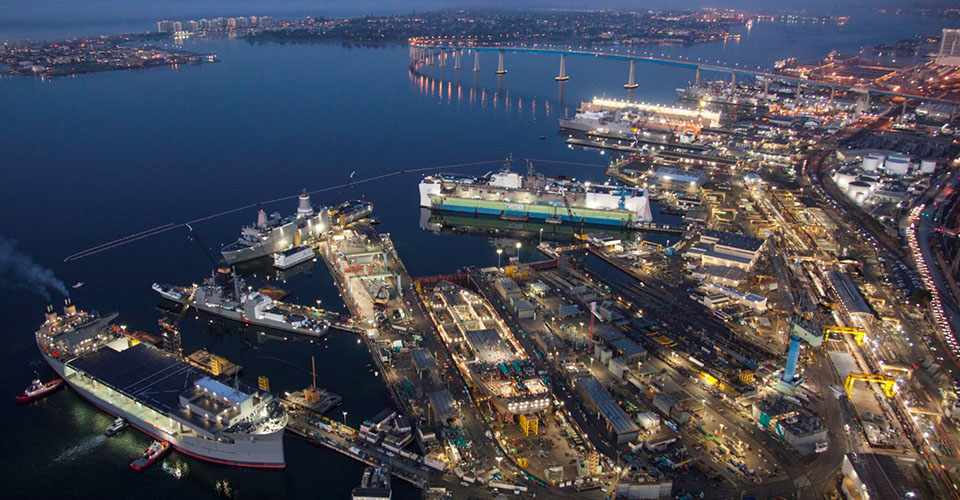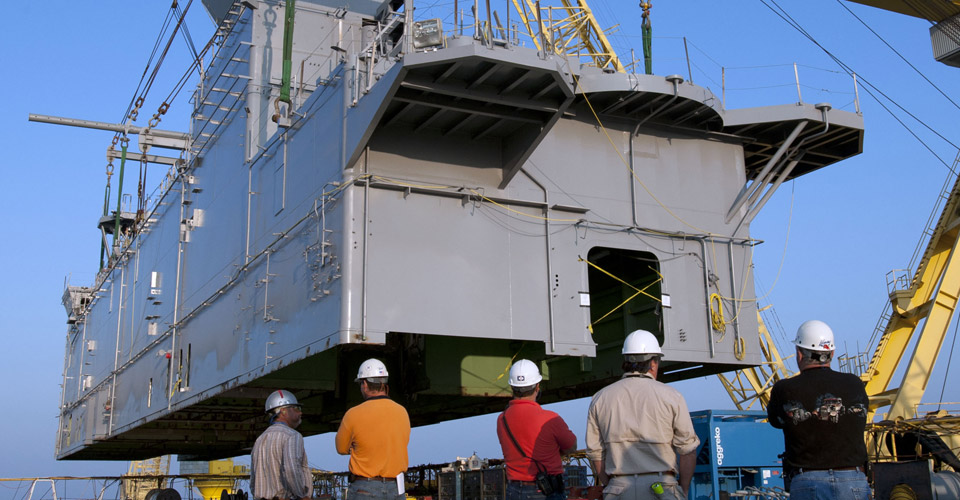Protecting more than 95,000 miles of national shoreline
The United States has more than 95,000 miles of national shoreline including borders in the Pacific, Atlantic and Gulf Coasts as well as the Great Lakes separating the United States from Canada. Along this shoreline are many of America’s greatest cities and in virtually all of these locations there are ports through which millions of cargo containers and hundreds of thousands of passengers annually pass.
Additionally, the United States is a nation of rivers, with the inland waterways of the country encompassing more than 25,000 miles of navigable waters.
The U.S. marine transportation system
The U.S. marine transportation system encompasses all of these waterways, as well as the world’s largest exclusive economic zone. For regulatory, safety and security purposes, it includes 361 ports, over 3,000 facilities and more than 14,000 regulated domestic vessels.




